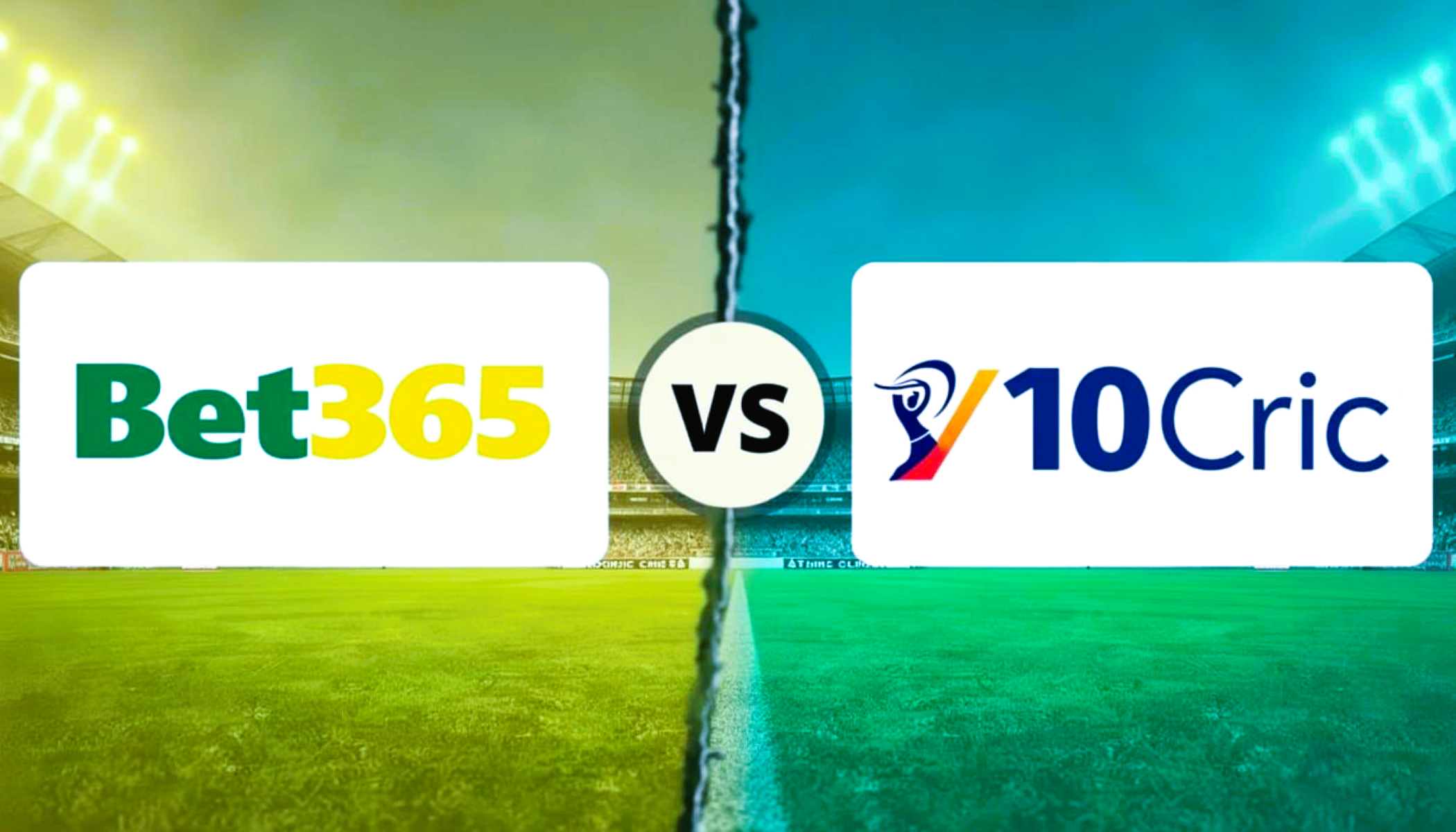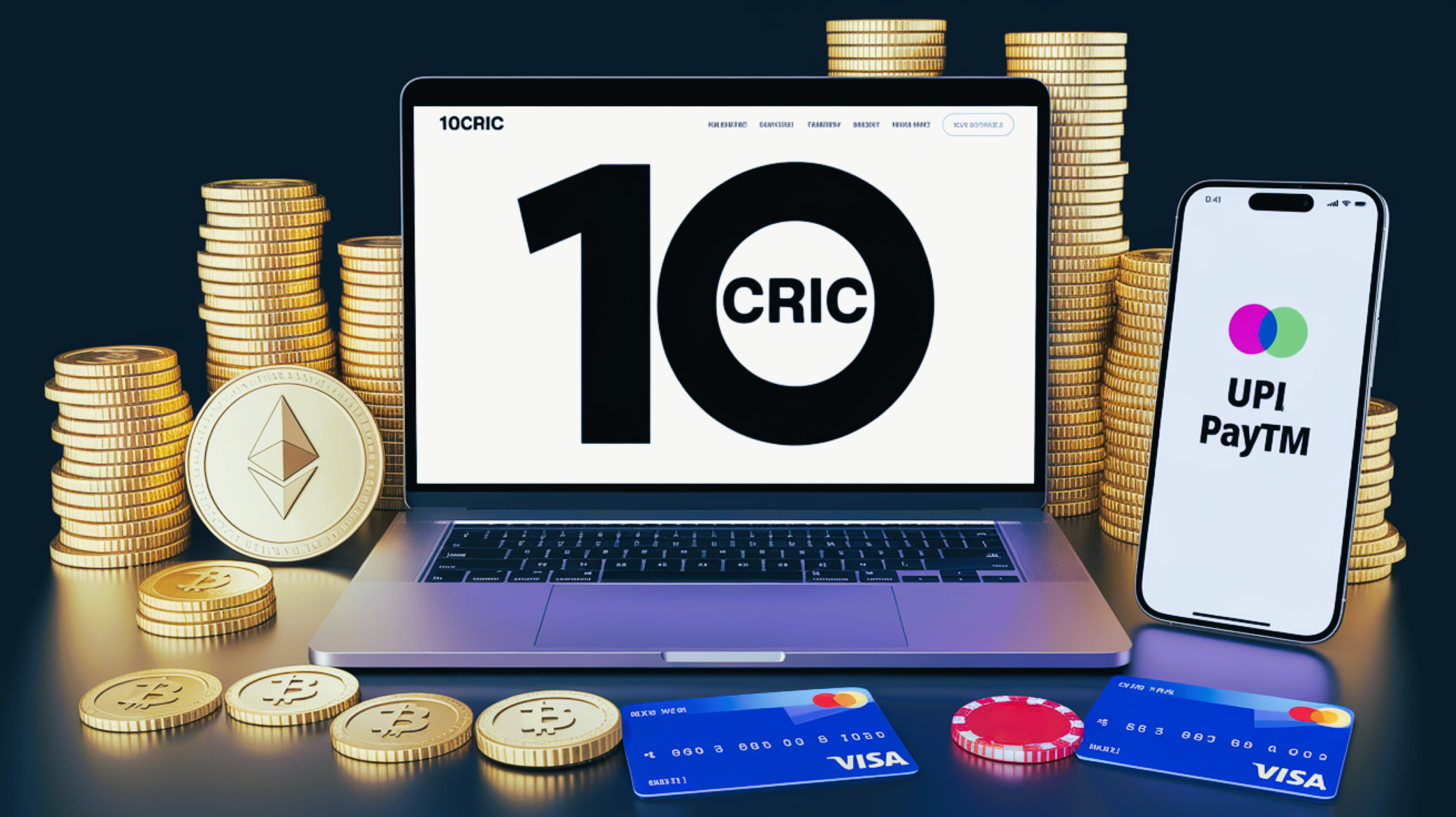Online gambling is booming in India, but let’s be honest—it’s a bit of a jungle out there. Ever stumbled upon a flashy online casino and wondered, “Is this even legit?” You’re not alone. Whether you’re a curious newbie or a seasoned player, knowing how to spot a licensed Indian online casino can save you a lot of heartache—and money.
What is a Licensed Online Casino
A licensed online casino is a digital platform that has been officially authorized to operate by a recognized gambling regulatory authority. This license is like a certificate of trust, showing that the casino follows specific rules to ensure fairness, transparency, and security for its players. Think of it like a restaurant getting a health inspection certificate—without it, would you really trust the food? The same goes for casinos: a license ensures the games aren’t rigged, your money is handled properly, and your data is protected.
How Licensing Works Globally
Around the world, different countries and territories have their own gambling regulators. Each authority has its own criteria for what a casino must do to be licensed, but most of them focus on a few core things: fairness, security, financial integrity, and consumer protection. Getting a license is not a one-time thing—casinos are usually subject to ongoing audits and reviews to make sure they continue to meet those standards. If a casino breaks the rules, it can lose its license and, with it, its credibility and customer base.
Some regulators are known for being stricter than others. The Malta Gaming Authority (MGA), the UK Gambling Commission (UKGC), and the Gibraltar Regulatory Authority are among the most respected in the industry. Casinos with these licenses are generally considered trustworthy. On the other hand, licenses from places like Curacao or Costa Rica are easier to obtain, which doesn’t automatically mean the casino is bad, but it does mean players should be a bit more cautious and do some extra checking.
Legal Framework in India
India’s legal approach to online gambling is… let’s just say, complicated. The central law that governs gambling in India is the Public Gambling Act of 1867, and as you can imagine, it doesn’t exactly have anything to say about the internet (since the internet didn’t exist back then). This law mostly applies to physical gambling houses. When it comes to online casinos, the law doesn’t clearly ban or allow them—making the entire space kind of a legal grey area.
However, the key thing to know is that Indian states have the right to create their own gambling laws. Some states like Sikkim, Goa, and Nagaland have legalized certain forms of gambling, including online. Others, like Telangana and Andhra Pradesh, have outlawed all online gambling. Most Indian players access offshore licensed casinos, which are technically legal in many states since they operate outside of India’s jurisdiction. But players should still be careful and make sure those sites are well-regulated abroad.
Recognizing a Legitimate License
When it comes to online casinos, licensing is your safety net. Without a valid license from a credible authority, the casino could be operating illegally or unfairly, putting your funds and personal information at risk. A legitimate online casino will always proudly display its licensing information. This information is usually found in the footer of the site, or in the Terms & Conditions or About Us section. Checking for a valid license is one of the first steps in ensuring a safe and trustworthy gambling experience.
You should never play at a casino that doesn’t display any information about its licensing. If a casino is unlicensed, there’s no official body that can help you if things go wrong—be it delayed withdrawals, rigged games, or even the site shutting down without warning. A valid license ensures that the casino adheres to strict rules about fairness, player protection, and financial transparency. If you don’t see proper licensing information, it’s time to move on.
Common Licensing Authorities
There are several well-established regulatory bodies around the world that oversee online gambling. These authorities ensure casinos operate within legal boundaries, offering players a secure environment for betting. Some regulators are more trusted than others, and knowing which ones to look for can help you determine whether a casino is legitimate.
Malta Gaming Authority (MGA)
The Malta Gaming Authority (MGA) is often seen as the gold standard for online gambling licenses. MGA is known for its strict oversight and adherence to high standards, ensuring that casinos licensed under it provide a fair and secure gaming experience. The authority regularly audits casinos to confirm they use fair gaming software and offer timely payouts. It also requires casinos to implement robust security measures for protecting user data. This makes MGA-licensed casinos some of the most trusted in the world.
- Strict regulations on fairness and player protection
- Requires ongoing audits to ensure compliance
- Highly trusted and respected by both players and industry professionals
UK Gambling Commission (UKGC)
The UK Gambling Commission (UKGC) is another top-tier authority. It regulates one of the world’s most tightly controlled gambling markets, making it one of the most respected licensing bodies globally. The UKGC ensures casinos are held accountable for maintaining high standards of customer service, offering fair games, and operating transparently. Casinos licensed by the UKGC must also provide services that promote responsible gambling and protect vulnerable players.
- Regulates a tightly controlled and highly competitive market
- Requires transparent and fair gaming practices
- Prioritizes responsible gambling and customer protection
Curacao eGaming
Curacao eGaming is another common licensing body, especially for offshore casinos that cater to international markets, including Indian players. While not as strict as the MGA or UKGC, Curacao eGaming still offers a level of oversight that provides some protection for players. Many online casinos licensed by Curacao accept a wide range of payment methods and offer various gaming options. Though the license is easier to acquire compared to MGA or UKGC, it still provides an element of legitimacy to the casino, making it a popular choice for operators seeking to cater to Indian players.
- Often used by offshore casinos due to more accessible requirements
- Popular among casinos accepting Indian players
- Offers some level of regulation, but players should exercise extra caution
Legal Landscape of Online Gambling in India
The legal landscape of online gambling in India is a bit murky. While there is no explicit law that bans online gambling in India, there are also no laws that fully regulate it. The Public Gambling Act of 1867, which is the primary law governing gambling in India, doesn’t mention online gambling at all. This means that technically, there’s no federal law prohibiting online gambling. However, the law also doesn’t clearly allow it.
When it comes to online casinos, offshore casinos (those based in foreign countries) are often used by Indian players. These casinos are generally considered legal as long as they are licensed by recognized international authorities. Indian-based online casinos, on the other hand, face a much more complicated legal situation. Since they may not have clear regulation under Indian law, they could potentially be operating illegally. Therefore, players often opt for offshore casinos where the legal standing is clearer, provided the casino holds a valid license from a reputable authority.
State-Wise Differences
India’s approach to online gambling differs significantly from state to state. While some states have legalized online gambling or specific forms of gambling, others have explicitly banned it. States like Sikkim and Goa have legalized both land-based and online gambling, with Sikkim even introducing regulations for online casinos and poker. On the other hand, states like Telangana and Andhra Pradesh have passed laws that explicitly prohibit online gambling, including online casinos.
This patchwork approach means that whether or not you can legally play online casino games depends on where you live. In states where online gambling is prohibited, you could face legal consequences for playing on an unlicensed site. However, because many Indians play on offshore casinos that are licensed outside of India, they often do so in a legal gray area. While these offshore platforms aren’t explicitly illegal, players should always exercise caution and be aware of their local laws.
Role of Offshore Casinos
Given the lack of regulation around online gambling in India, most players turn to offshore casinos to enjoy their favorite games. These casinos are licensed and regulated by authorities in other countries, such as Malta Gaming Authority or the UK Gambling Commission. For Indian players, this offers a safer option, as these platforms are held to international standards of fairness, transparency, and security.
While playing on offshore casinos is generally not illegal, it still exists in a legal gray area. Indian law doesn’t have specific guidelines for offshore gambling, and each state can interpret the legality differently. As a result, players may find themselves in a situation where they are technically breaking local laws even if they are using a licensed international platform. However, many players choose to take this route because of the convenience, the variety of games available, and the level of protection offered by reputable licenses.
| State | Status of Online Gambling | Legal Action/Regulation |
| Sikkim | Legal | Online casinos and poker are regulated and allowed. |
| Goa | Legal | Regulated gambling including online options. |
| Telangana | Illegal | Specific laws banning online gambling. |
| Andhra Pradesh | Illegal | Explicit laws prohibiting online gambling. |
| Other States | Legal Gray Area | No federal law regulating online gambling; reliance on offshore casinos. |
Red Flags: Spotting an Unlicensed Casino
Vague or Missing Licensing Info
One of the easiest ways to spot an unlicensed casino is by checking for licensing details. Legitimate online casinos will proudly display their licensing information, usually in the footer of their website or in the “About Us” section. If you can’t find any mention of the licensing authority, or if the information provided seems vague or incomplete, you should be cautious. A missing license means there’s no regulatory oversight, and the casino could be operating without accountability. This is a major red flag that signals you should walk away and find a safer, more transparent platform.
A legitimate casino will not hesitate to provide the name of the licensing authority, its license number, and even a link to the official regulator’s website for verification. If a casino is unwilling or unable to provide this information, it’s a clear sign that something might be off. Don’t risk your money and personal data on a site that operates in the shadows.
Unrealistic Bonuses
We’ve all seen those offers that seem too good to be true: “Get ₹100,000 free on signup!” or “No deposit required, just start playing!” While promotions are common in the online gambling industry, there’s always a catch—especially when the offer seems too generous. Unrealistic bonuses are often a bait-and-switch tactic used by unlicensed casinos to attract unsuspecting players. Once you deposit your money, you may find that the withdrawal conditions are unreasonable, or you could be hit with hidden fees or restrictions that make it nearly impossible to claim your winnings.
A legitimate casino will offer reasonable bonuses and clearly explain the terms and conditions attached to them. If a bonus seems too good to be true, or if you’re asked to deposit large sums to claim an initial bonus, you should be very suspicious. Always read the fine print and be cautious if something doesn’t add up. It’s often a sign that the casino is trying to trick you into spending more money without any real rewards.
Poor Website Design and Support
A shoddy website design can be more than just an eyesore—it can be a sign that the casino is unprofessional or even fraudulent. Legitimate casinos invest in clean, user-friendly websites that are easy to navigate. If the website looks unprofessional—cluttered with broken links, poor graphics, or a confusing layout—it could indicate a lack of attention to detail and professionalism, or worse, that the casino isn’t trustworthy. A legitimate online casino is built to offer a smooth and pleasant user experience, not one that leaves you frustrated and unsure of where to click next.
Another key indicator of an unlicensed casino is poor customer support. If the casino lacks a clear way to contact support (no live chat, email, or phone number) or if responses are slow, unhelpful, or robotic, it’s a red flag. Reputable casinos pride themselves on offering responsive customer service, as they understand the importance of assisting players with their concerns. A lack of accessible support channels is a sign you might be dealing with a fly-by-night operation that’s not concerned with your satisfaction or security.




